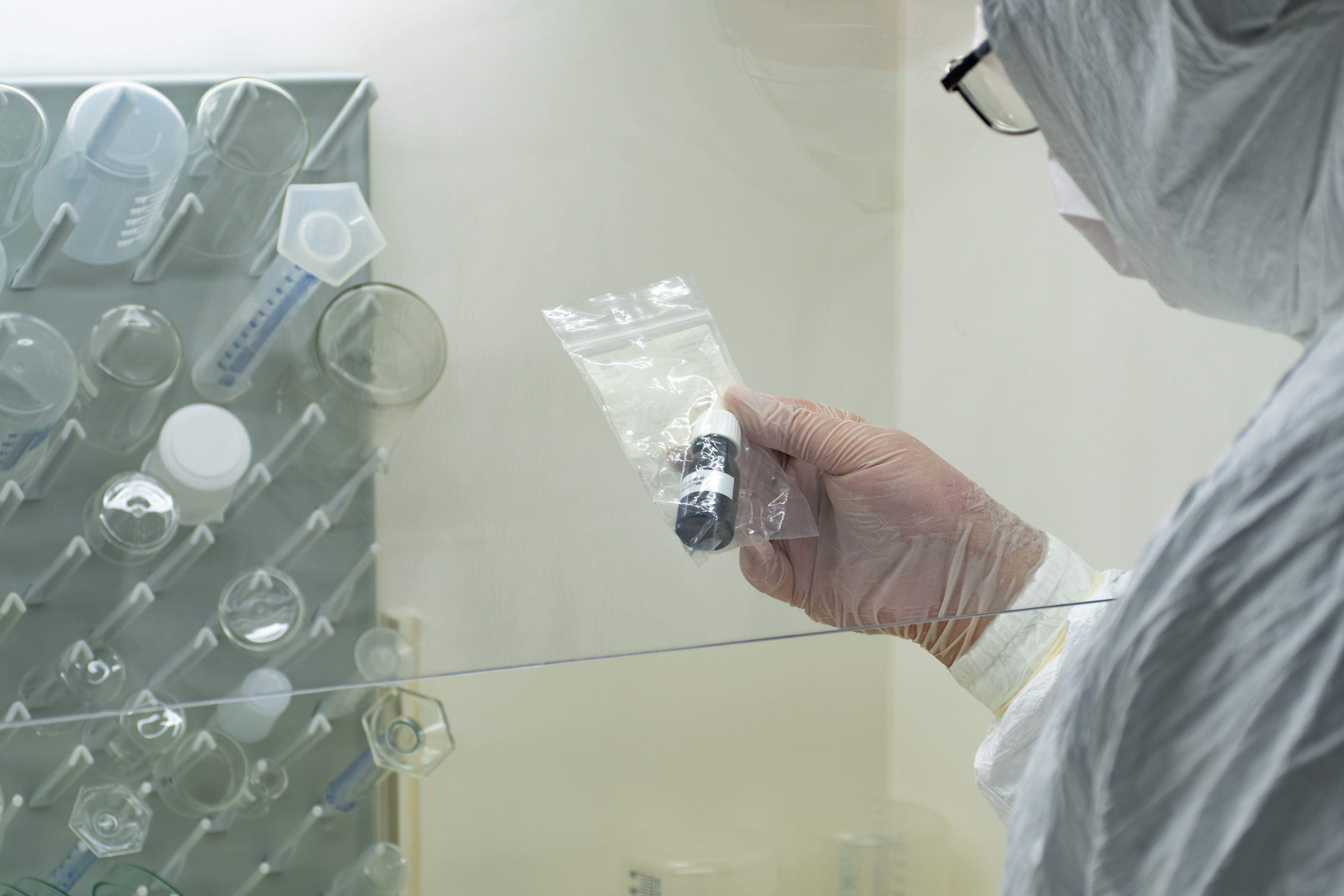Dozens of new monkeypox cases discovered in England
The total cases in the UK now stand at 179.

Your support helps us to tell the story
From reproductive rights to climate change to Big Tech, The Independent is on the ground when the story is developing. Whether it's investigating the financials of Elon Musk's pro-Trump PAC or producing our latest documentary, 'The A Word', which shines a light on the American women fighting for reproductive rights, we know how important it is to parse out the facts from the messaging.
At such a critical moment in US history, we need reporters on the ground. Your donation allows us to keep sending journalists to speak to both sides of the story.
The Independent is trusted by Americans across the entire political spectrum. And unlike many other quality news outlets, we choose not to lock Americans out of our reporting and analysis with paywalls. We believe quality journalism should be available to everyone, paid for by those who can afford it.
Your support makes all the difference.A further 71 cases of monkeypox have been detected in England, according to the UK Health Security Agency (UKHSA).
The latest cases, as of May 29, bring the total number confirmed in England since May 7 to 172.
There are four confirmed cases in Scotland, two in Northern Ireland and one in Wales, taking the UK total to 179.
The figures come after the UKHSA, as well as authorities in Scotland, Northern Ireland and Wales issued joint guidance to stem the spread of the disease.
The new advice urges those with monkeypox to avoid close contact with others until their lesions have healed and any scabs have dried off.
People who have had contact with someone with the disease should also be risk assessed and may be told to isolate for 21 days if necessary.
The guidance, updated on Monday, said people with suspected or confirmed monkeypox who need to travel in order to seek care should make sure any lesions are covered by clothing, wear a face covering, and avoid public transport where possible.
They should also abstain from sex from the first signs of symptoms and make sure to use condoms for eight weeks after infection.
The disease, first found in monkeys, can be transmitted from person to person through close physical contact, including sexual intercourse, and is caused by the monkeypox virus.
The virus is usually found in west and central Africa.
Symptoms are generally mild and the illness is spread through close contact with someone already infected.
Most people recover within a few weeks.
The UKHSA said that while the risk to the UK population remains low, people should be alert to any new rashes or lesions, which would appear like spots, ulcers or blisters, on any part of their body.
Although this advice applies to everyone, the agency said the majority of the cases identified to date have been among men who are gay, bisexual and men who have sex with men, so is asking those people in particular to be aware of the symptoms, particularly if they have recently had a new sexual partner.
People are being urged to call NHS 111 or a sexual health centre immediately if they have a rash with blisters and either have been in close contact with someone who has or might have monkeypox in the past three weeks.
Those with symptoms are also being asked to call 111 if they have been to west or central Africa in the past three weeks or are a man who has sex with men.
Dr Ruth Milton, senior medical adviser and monkeypox strategic response director at UKHSA, said: “This new monkeypox guidance sets out important measures for healthcare professionals and the public for managing the disease including how to safely isolate at home and reduce the risk to others.
“The highest risk of transmission is through direct contact with someone with monkeypox. The risk to the UK population remains low and anyone with unusual rashes or lesions on any part of their body should immediately contact NHS 111 or their local sexual health service.”